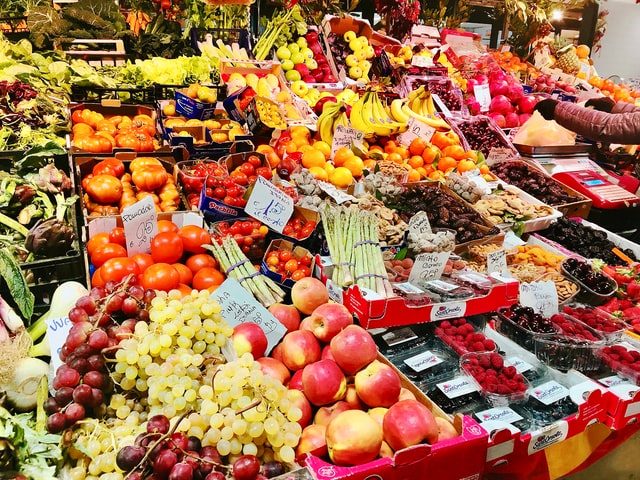
The retail sector produces significant wastage in the form of both packaging (particularly plastic, paper and cardboard) and food waste. As such, it has a particularly important role in addressing packaging and food waste in South Africa (SA). Pressure is mounting on both manufacturers and retailers to reduce waste, increase recycling rates, and educate customers to be more environmentally conscious. Reducing food and packaging waste not only has a positive environmental impact but has the potential to create new value chains and employment opportunities to improve the socio-economic condition of many South Africans, and significantly address food security issues.
It is within this context that the Wholesale and Retail Leadership Chair appointed Lumec to conduct a study to identify what is currently being done by the retail sector to reduce wastage and develop guidelines to assist South African retailers to adopt a more sustainable, green approach to wastage. The study includes an international and local good practice policy and retailer initiative review, interviews with industry experts, a survey of retailers and guidelines for retailers to improve green retailing. The study recommends multiple, specific strategies and actions for both retailers and government. Both government and retailer guidelines suggest a waste reduction approach that:
- Considers the entire product lifecycle,
- Promotes collaboration,
- Encourages further research and development, and
- Enforces monitoring and evaluation in the waste reduction space.
Adoption of the guidelines/recommendations should lead to more effective and expansive green retailing, ultimately impacting on improved food security and job creation within the high-potential waste economy.
The full study can be found here.
